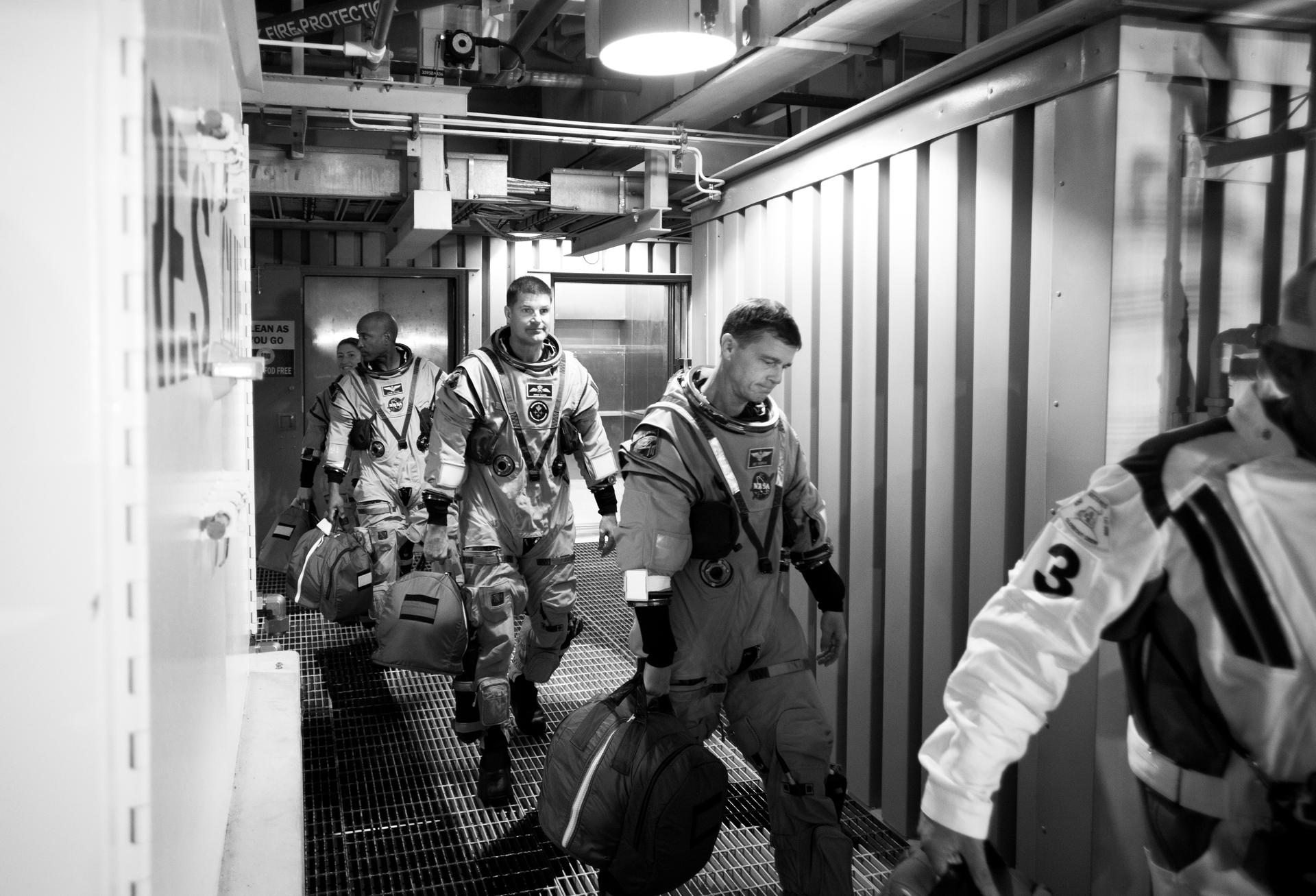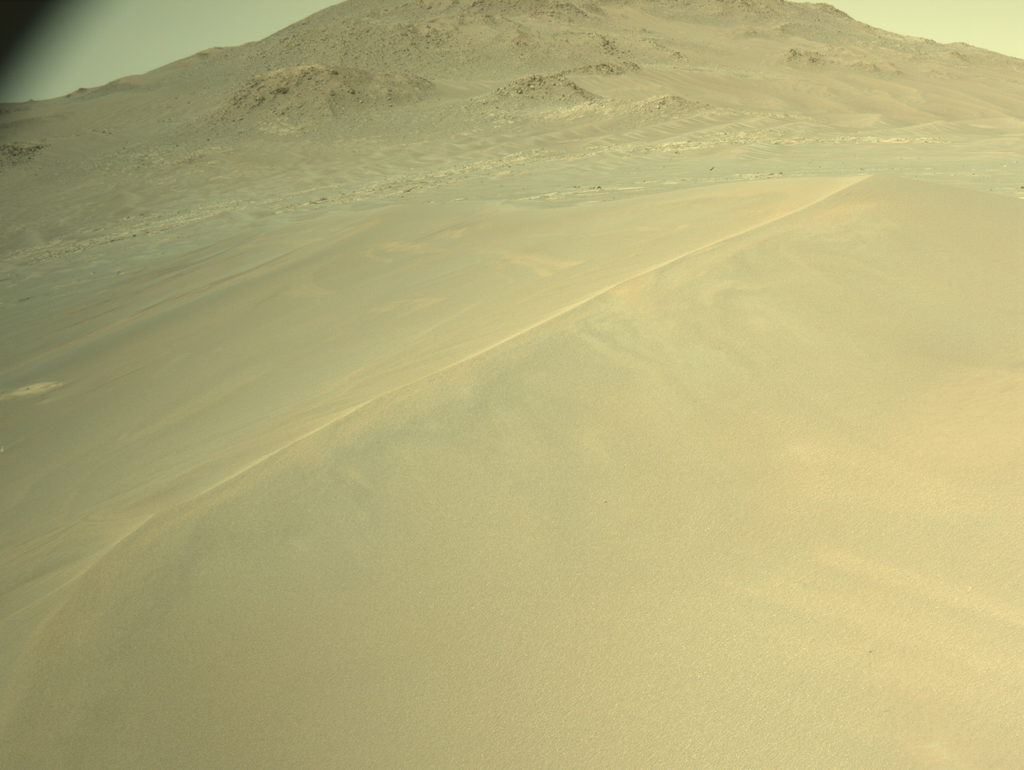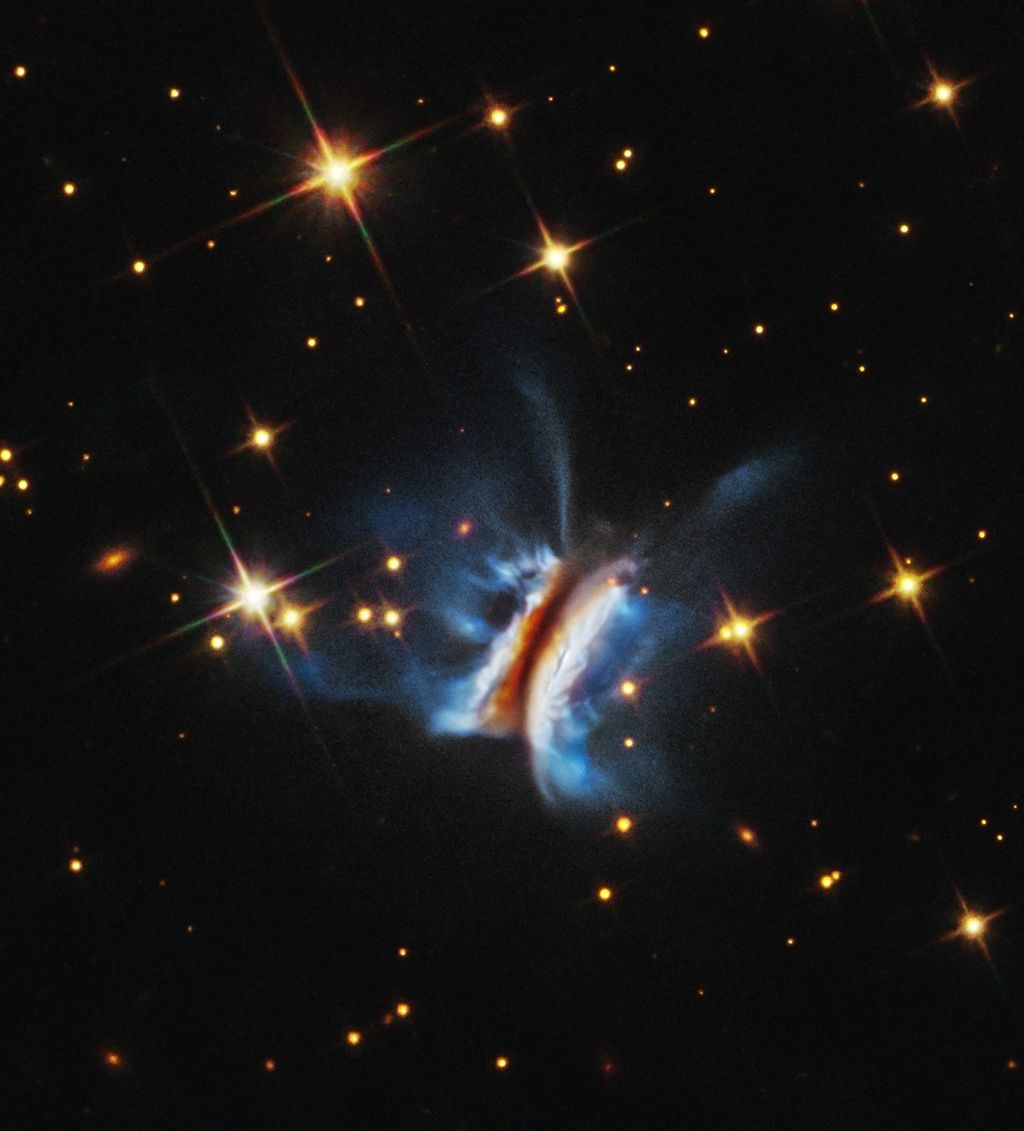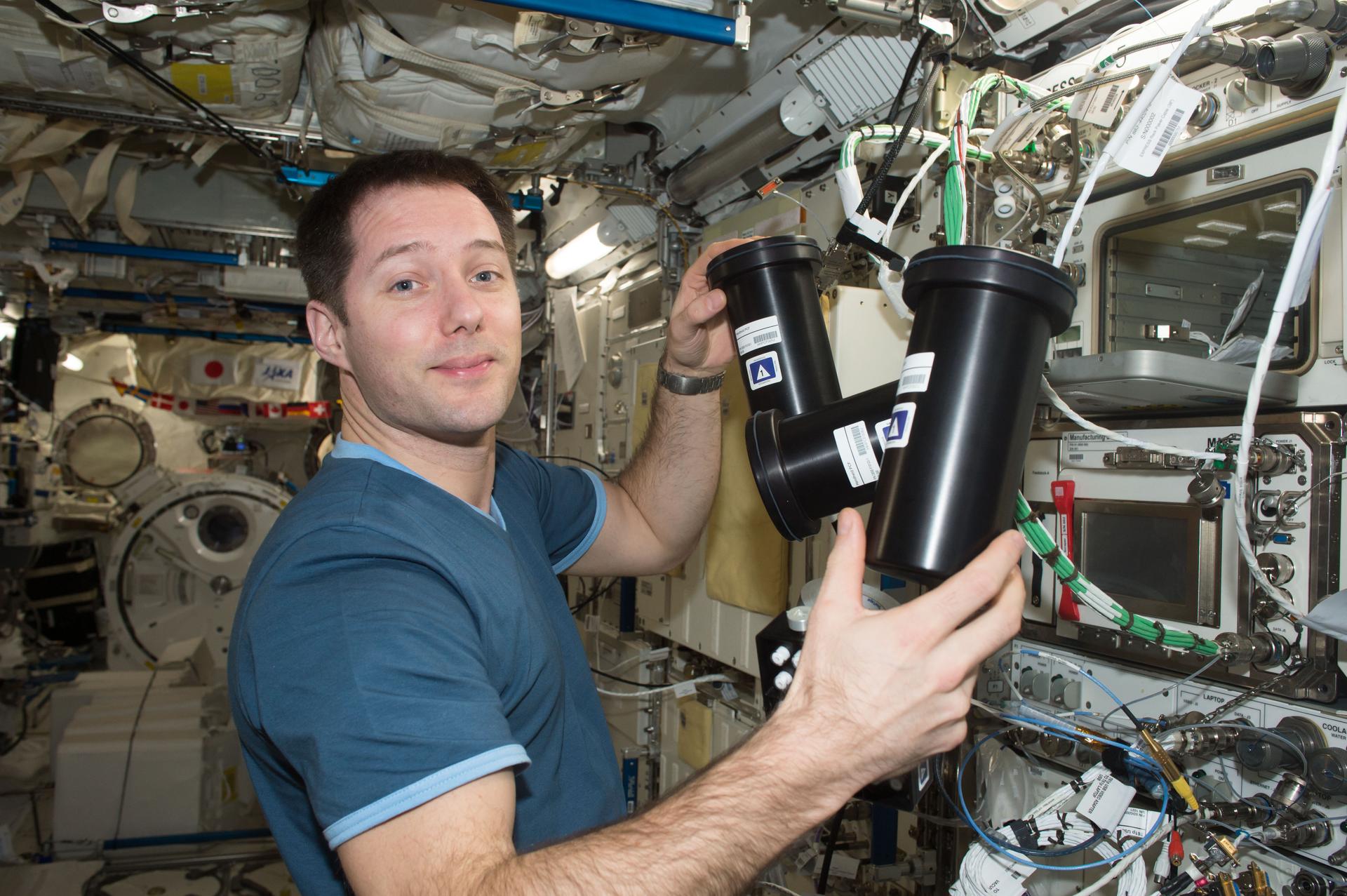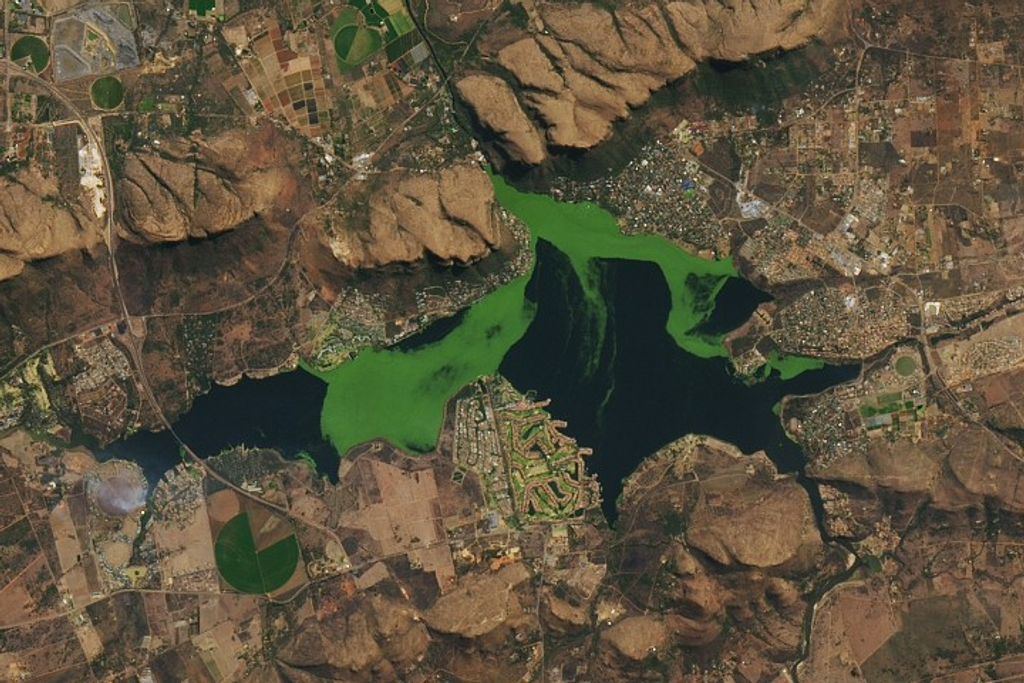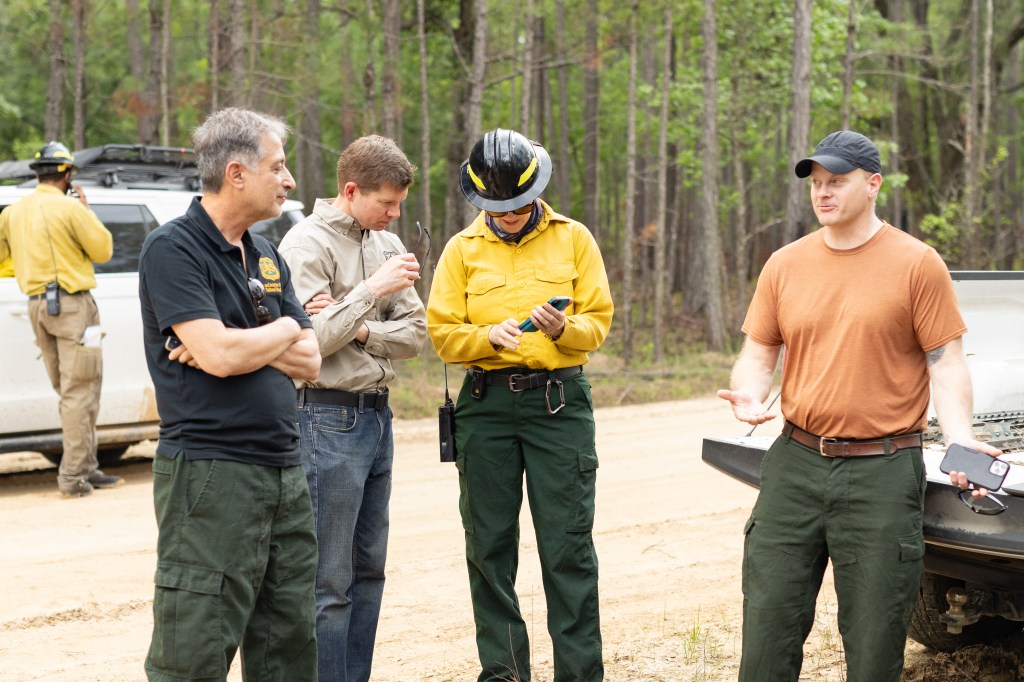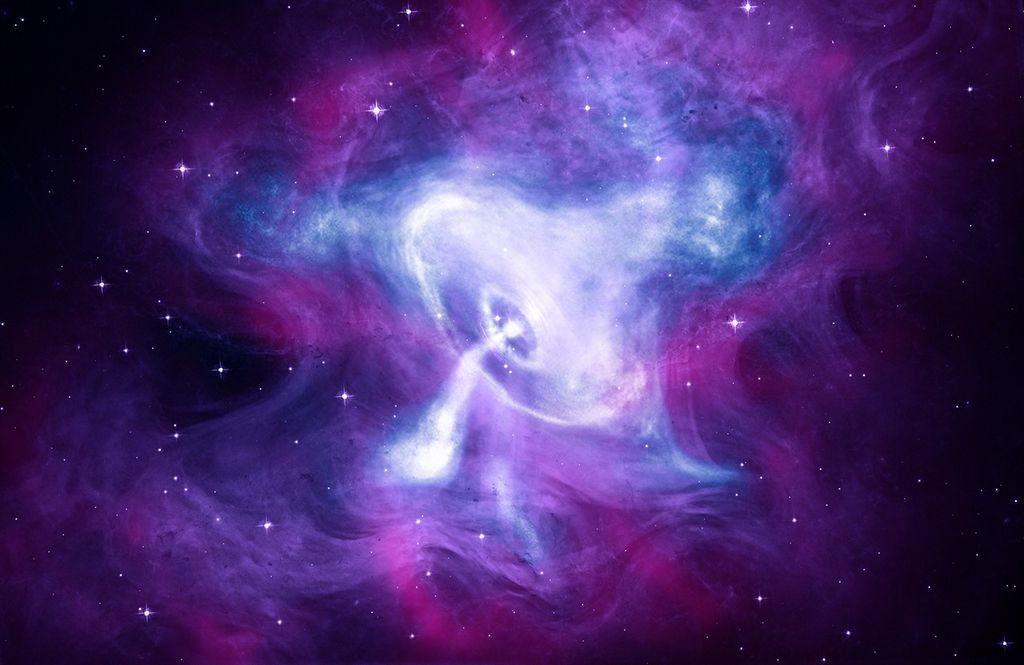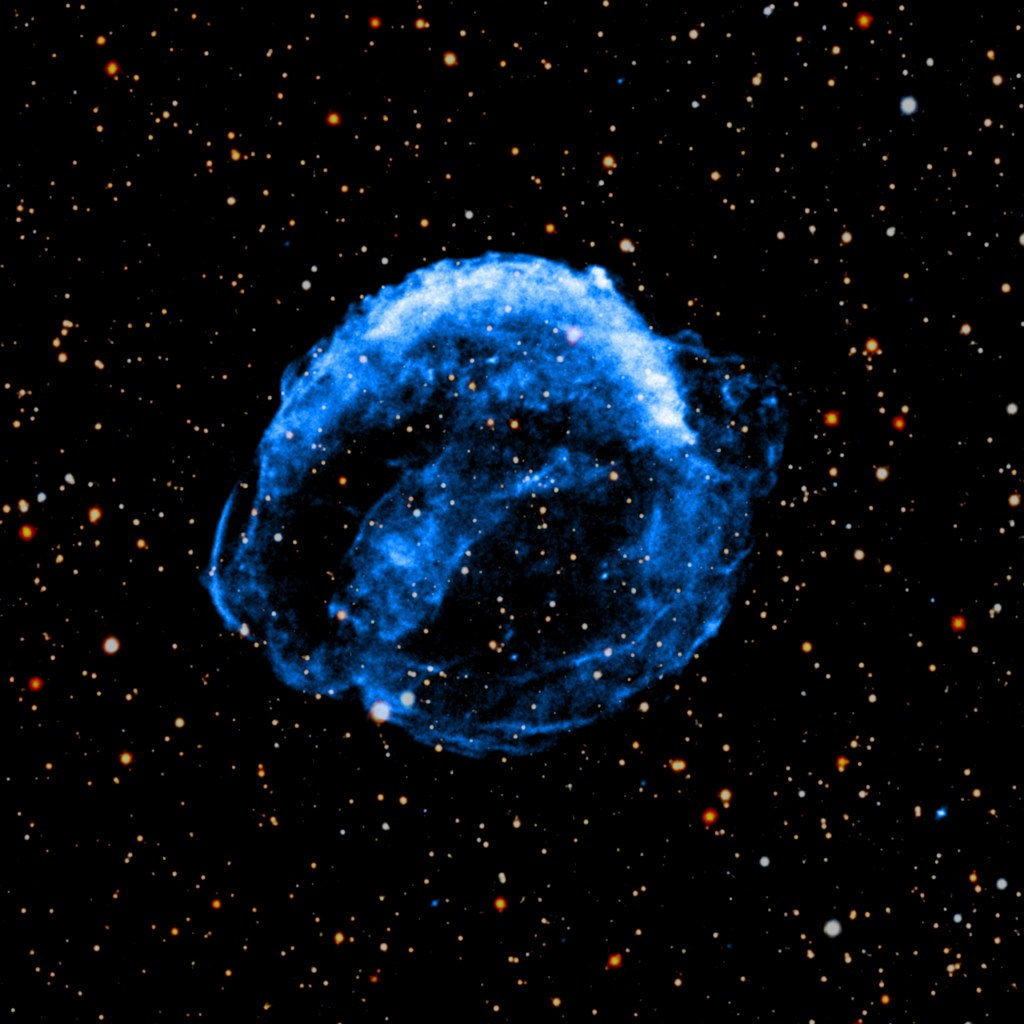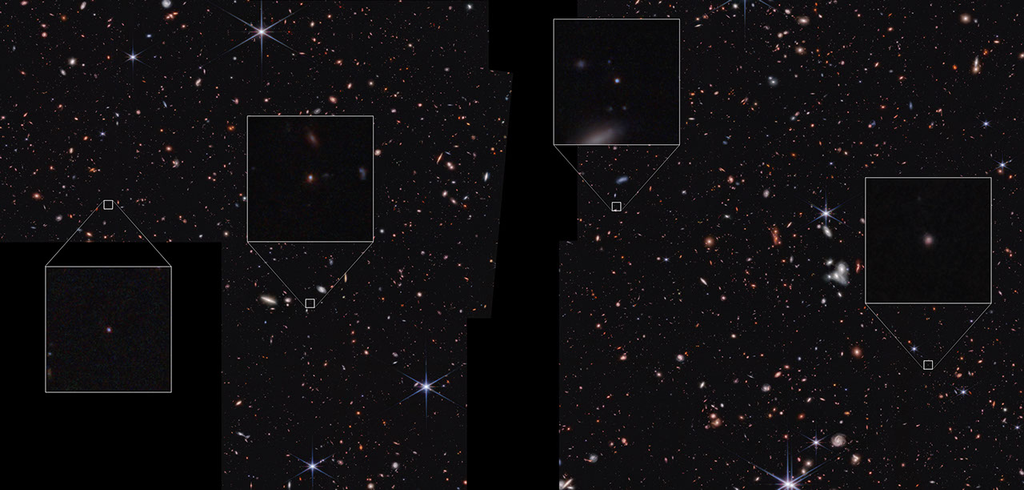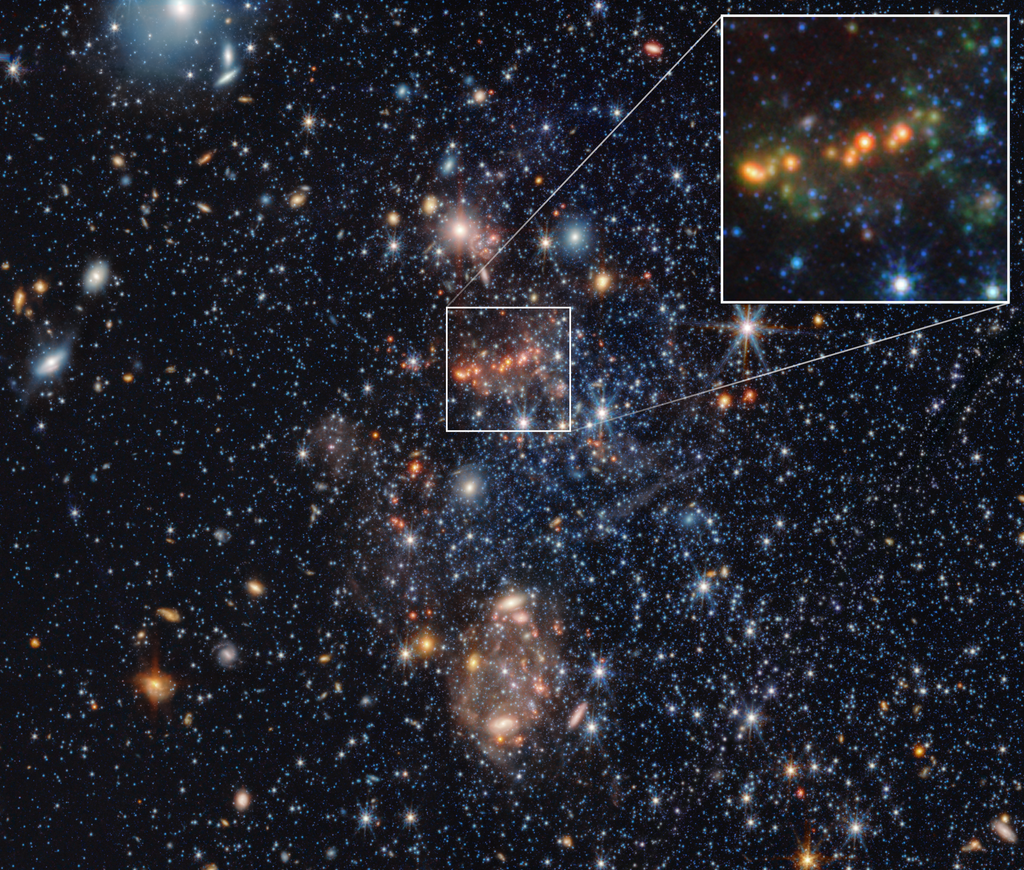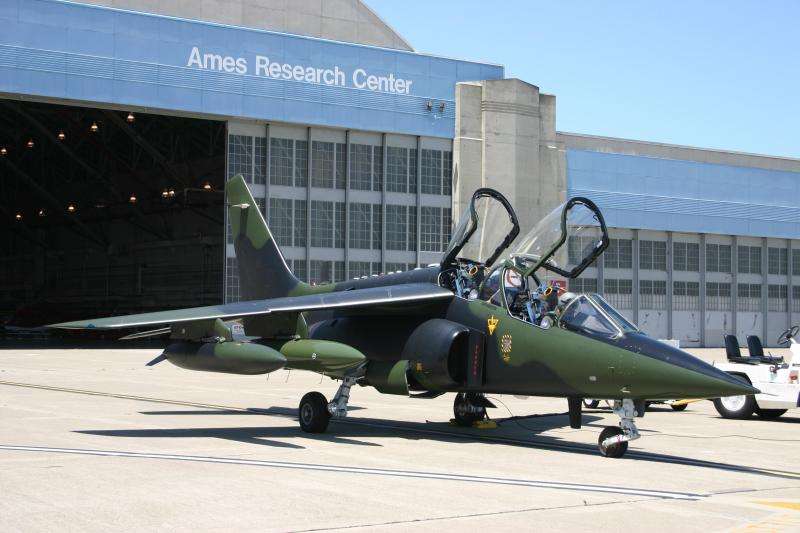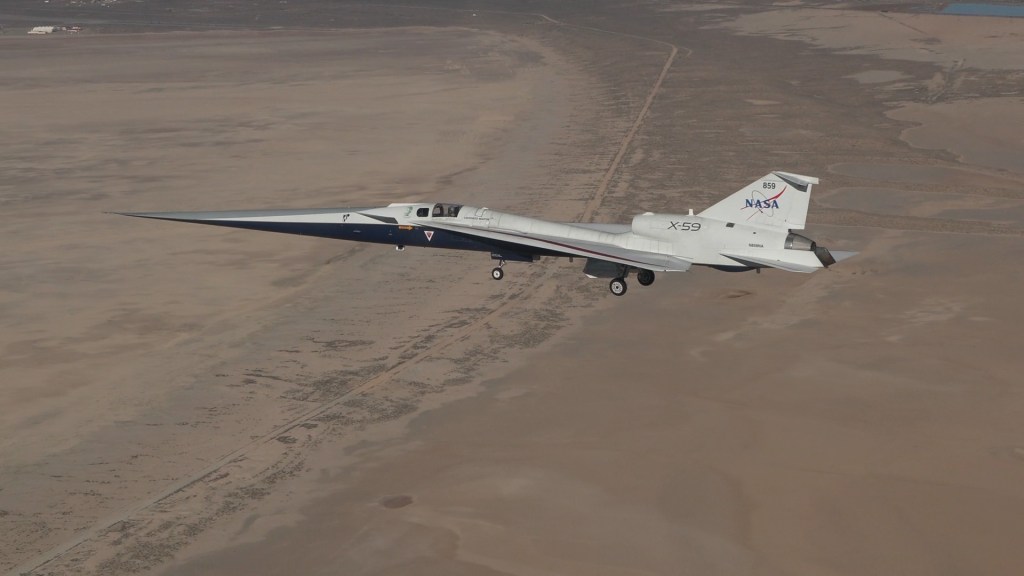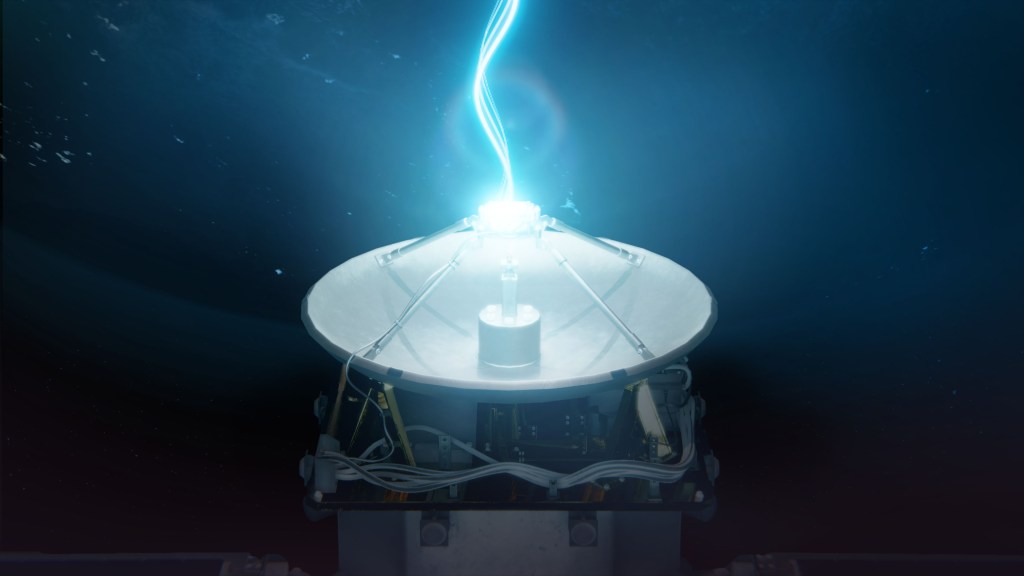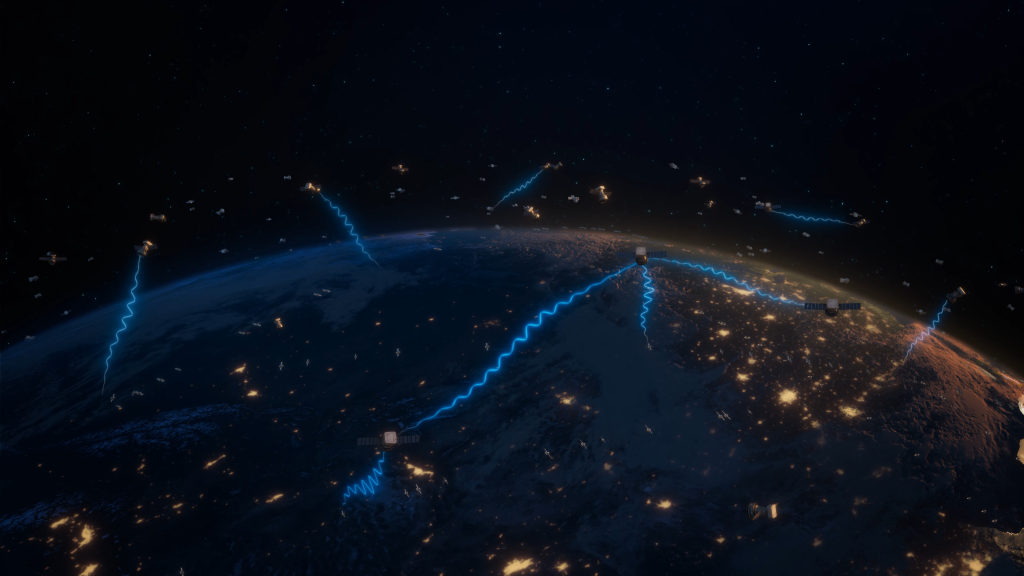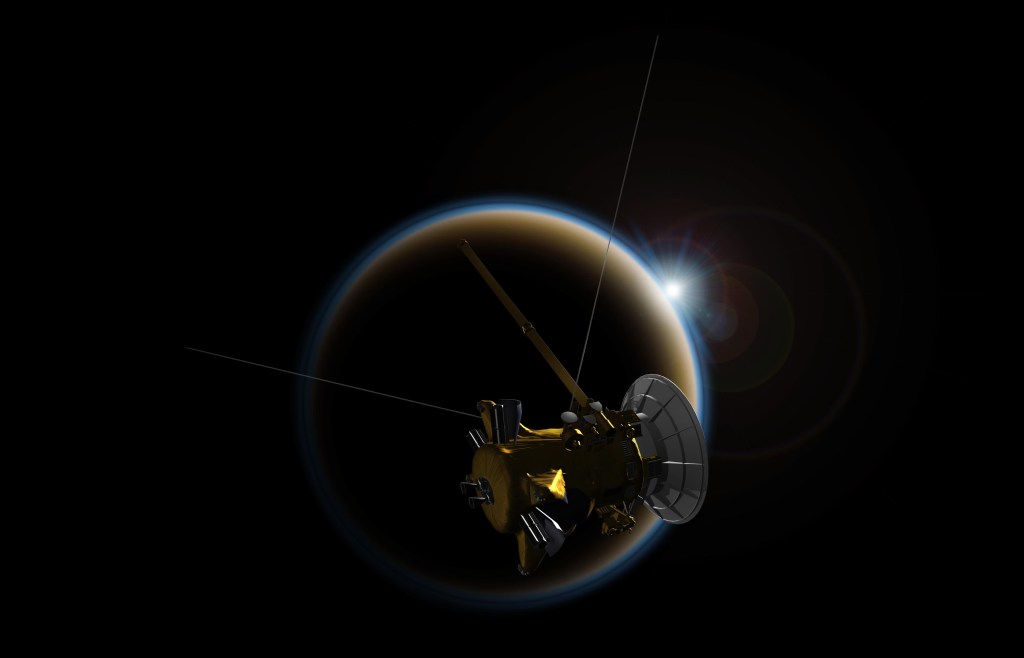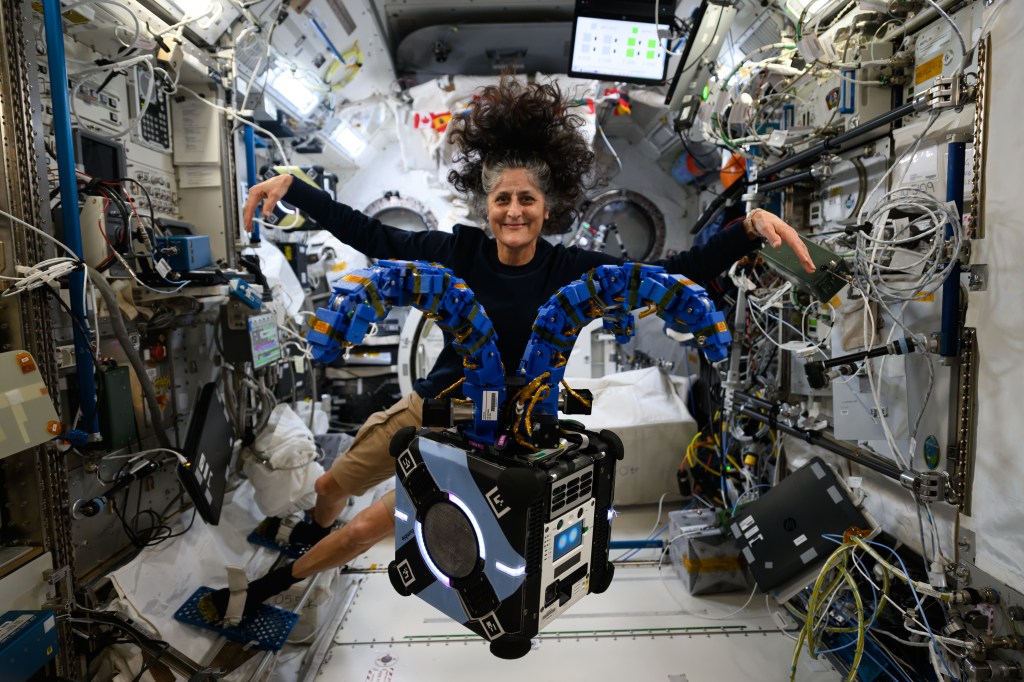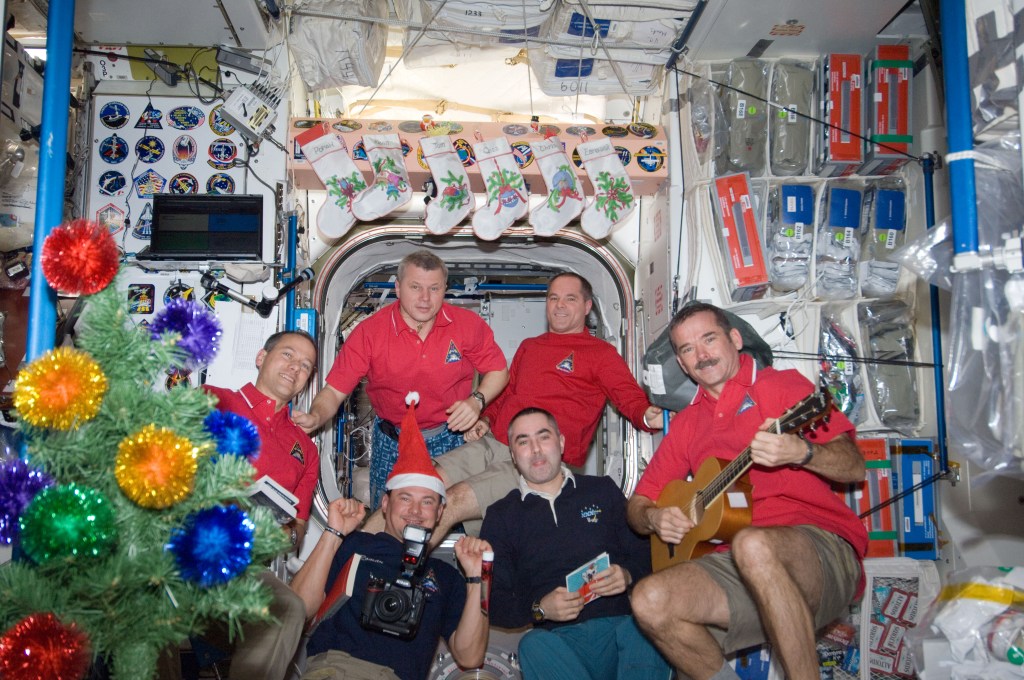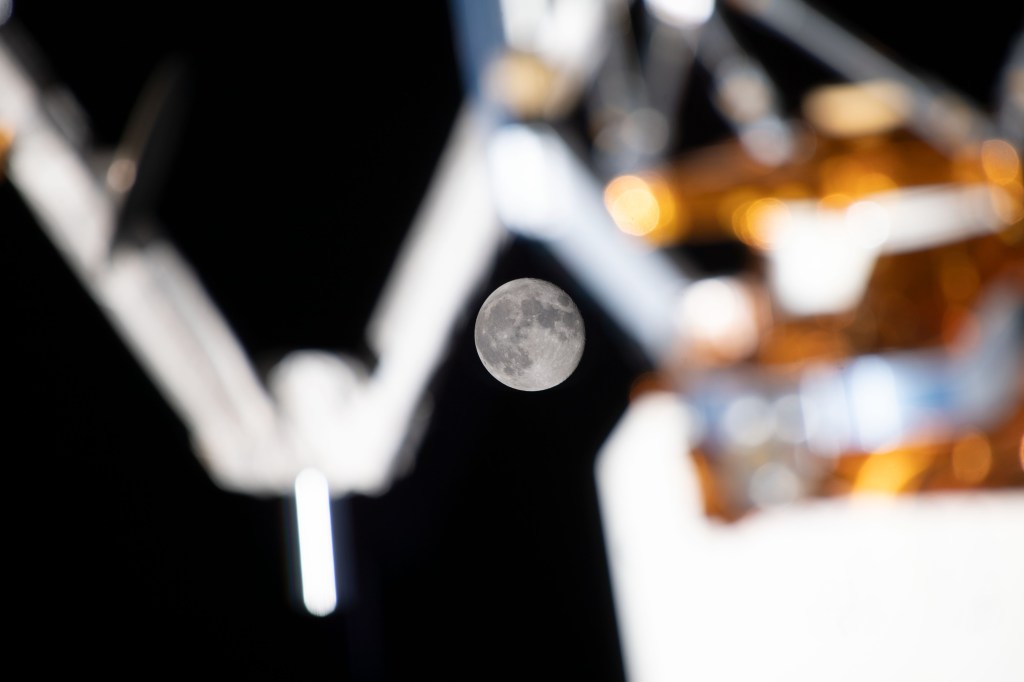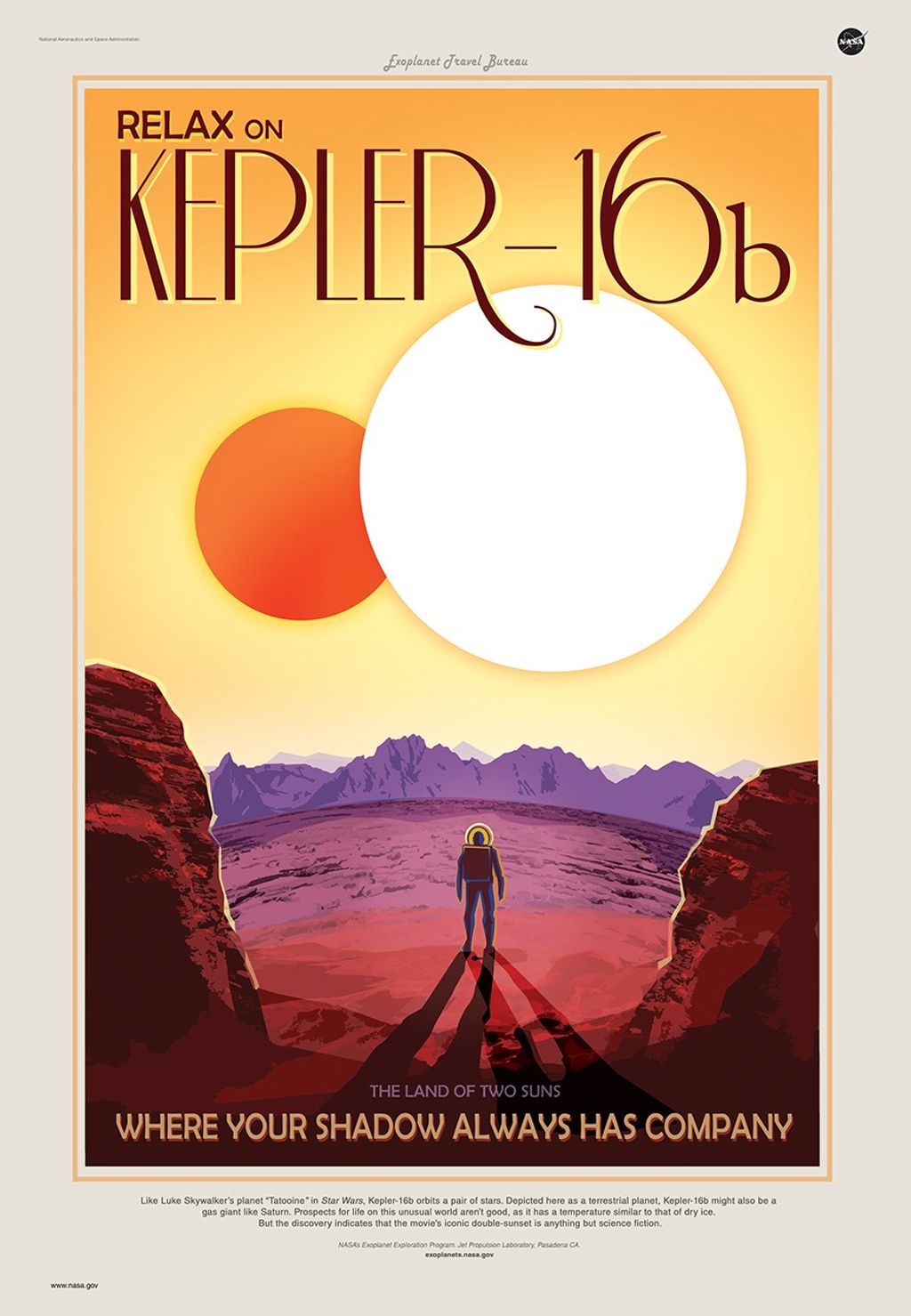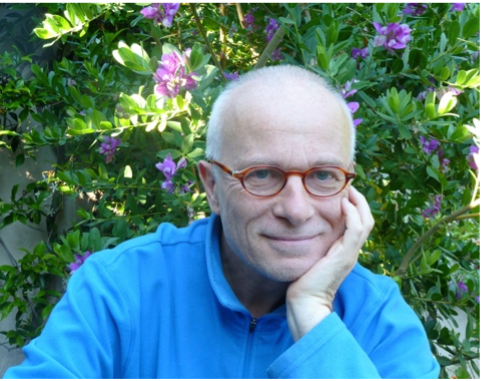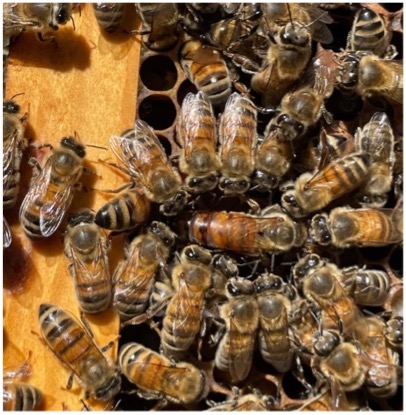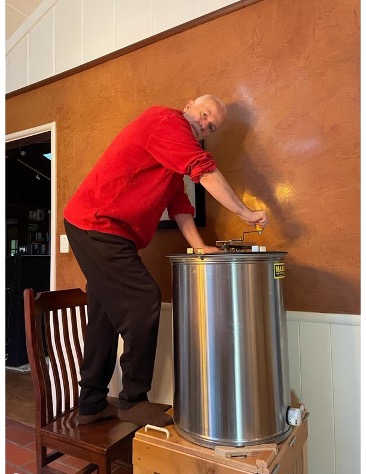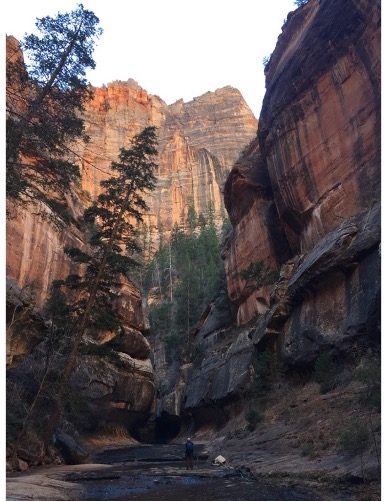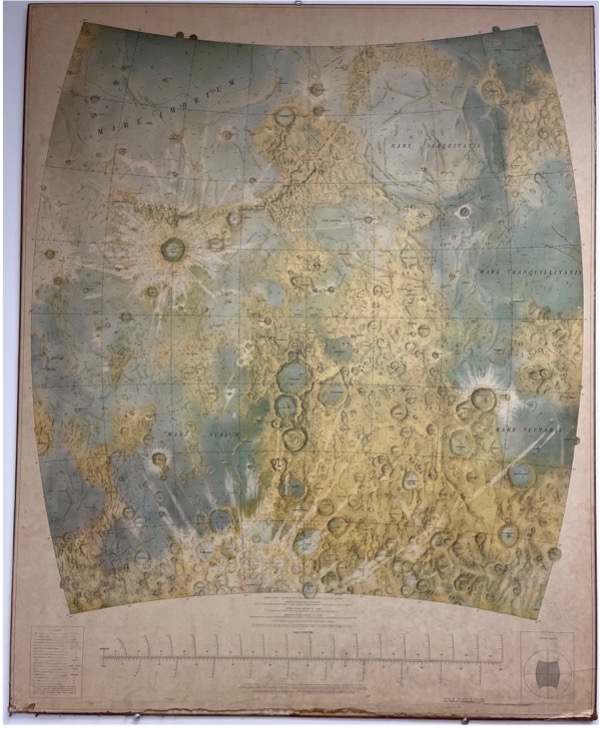Interview with Pasquale Temi, August 3, 2022
Let’s start with your where you were born and something about your family at the time, your father and mother, what they did, and if you have any siblings? And what it was that made you decide to pursue the career path that you have.
Sure. So, let’s start. Originally, I’m from Italy. I became a naturalized U.S. citizen in 2005 and at this point I’ve spent half of my life in Italy and half of my life in the U.S. Anyway, I grew up in Italy, in Rome. I was not born in Rome, but all my childhood and adulthood I was in the city. So, I’m a city guy, I Iove the city, and I love Rome. I have two brothers. If you’re familiar with Italy, it’s not a very large country, but it’s elongated. The three of us were born in three totally different regions of Italy, covering the whole length. I was born in the very south part of Italy, the very bottom part. My eldest brother is from north, very close to the Alps. And my other brother is from Rome, from the center part of the country. So, we cover the whole peninsula.
Sounds like you did.
Yeah, but I never lived in the south, unfortunately. We went to Rome when I was four years old. My father is a retired policeman. It was because of his work that we moved around, we moved quite a bit. So that’s basically the story. My mother was a housewife, but later, when we grew up, she worked as a tailor for a number of firms in the fashion industry. She did a lot of sewing and was pretty good. Not to mention all the clothing she made for us. She is now 96 years old, and during my last visit this summer she manufactured a pair of sweatpants because she decided that my current ones were ready to go.
Oh, wonderful! And can I ask a question just for my own curiosity? You mentioned the three different areas in Italy, north, central, and south. Are those areas quite distinct and separate culturally or linguistically?
They are. There’s always been tension between the north and south of Italy because of the history and cultural differences of the two regions. Because of the past history of the north of Italy, the northern is economically strong, well organized, and much industrialized similar to northern European states. The culture of southern Italy is much linked to the past dominance of the Bourbons in the region. Nowadays the south is economically depressed and not highly industrialized with high level of poverty. So, the two are very different. The north is quite rich and north European oriented, the South is poorer and underdeveloped. This is also reflected in the personality with Southern Italians more relaxed and warmer personality whereas the northers are more workaholic and business oriented. Of course, these are generalizations and stereotypes, but some hold true even if things change constantly.
OK. Did I understand you to say that “unfortunately” you didn’t get to live in the south?
Well, I love the south, but no, I never lived in the south. My family, my parents, came from the south originally, so there is a lot of my extended family still in the south. And I used to go there on vacation during the summer, spending a couple of weeks as a kid but I haven’t been there for the last 35 years. But yeah, I do love the south. it’s very different. I do love Italy in general, any place there, each one for different reasons.
Did you say you haven’t been to Italy in 30 or 40 years or just to the south?
No, no, no, to the south. I usually go to Italy every year at least once.
That’s wonderful.
My parents are very old. On my last trip in June (2022) we celebrated my father’s birthday, 102 years old.
Oh, my goodness, that is an achievement! I’ve heard there have been studies done about longevity in Italy, which seems to be a characteristic in the populace, and one of the things they attribute it to is the wine! (laughs)
The wine, yes. (laughs)
Well, it’s wonderful to have your parents still living, that’s great. My wife’s father passed away some years ago, but he made it to 104.
Wow. Well, a sister of my mother is 106!
OK, I can’t top that! (laughs) How early was it that you became interested in stars and galaxies? What was your path to the area of your professional interest in astrophysics?
I must say that it did not come very early. Early on I didn’t have a very definitive path of what I wanted to do. I didn’t think too much about that until I was very close to finishing high school, then I really started thinking about what I wanted to do next and then it came natural to decide to go on and do science. So, I did all my education at the University of Rome, La Sapienza. I’ve been trained as a physicist and then I majored in astrophysics. It didn’t really come very early on but once I decided, I was very well on the path.
One thing I picked up from researching about you online was that you came to Ames fairly late in your career, in 2007 I think it said..
That is so.
So you had some part of your career before you came to Ames? And was that in astrophysics?
Yes, it was in astrophysics. I came to the U.S. in 1991. I was a Fulbright scholar, I got a Fulbright fellowship.
Congratulations on that!
Yeah. And I decided to go to UC Santa Cruz because of its excellent astronomy department. I was always interested in the infrared and so I became a postdoc at the UC Santa Cruz joining the Infrared team. My advisor was Professor David Rank, who had a strong connection with NASA Ames. Those were the times of the KAO (Kuiper Airborne Observatory). The KAO was flying and we, I mean my advisor, had a stong collaboration with Jesse Bregman here at Ames. We ran a number of programs for the KAO, facilitating some of the performance of the aircraft and the telescope and also, we had our own science programs, and we built some prototype mid-IR cameras. At that time the infrared technology and instrumentation was very different. It was really the time when the infrared arrays started to be developed. We developed a very simple “large format” (for the time) IR array camera and flew it on the KAO. That was my first exposure in the U.S. but also with NASA. So, I’ve been visiting NASA since 1991, and I remember visiting Jesse Bregman in preparation of KAO flights. We flew many times on the KAO. And then I left the U.S. in 1997 because I got a permanent position to become an astronomer at the La Palma Observatory in the Canary Islands. La Palma Island is the site of a number of medium and large telescopes managed by several European universities. I got a position managed by the Italian community and I was deployed to the Canary Islands for one year. I was the resident astronomer there working for the Italian national telescope. But let’s just say that unfortunately I didn’t like that job and it didn’t last very long. I felt I was very much isolated scientifically and I really wanted to do science in addition to service in a sense. And so, I left one year after that, and I came back to the U.S. I came back to Ames, working again with Jesse Bregman as a contractor, a SETI contractor. That was in 1999, I think, so I’ve been at Ames since 1999 but not as a civil servant, as a contractor. So that was my path to Ames. I’ve been at Ames much earlier than 2007.
I thought you had. That’s why I was kind of surprised to see 2007 when I looked it up.
Yeah, in 2007 I became a civil servant.
That explains it. OK.
When I was here, I was working with Jesse and other people mostly on PAH (Polycyclic Aromatic Hydrocarbons) research. Ames has a very long and successful history and scope in PAH’s, and so I’ve been studying emissions from PAH’s in several galactic environments.
Soon after I developed some interest in studying the interstellar medium in galaxies and started writing science proposals and get funds to support my own research.
So, I grew up in that path and then in 2007 the opportunity came to become a civil servant.
Maybe I didn’t look back far enough. I didn’t see references to the KAO, but I did see several papers done with SOFIA data. So was that the same kind of work, just with a better instrument?
Well, no. It was a kind of a different work. With the KAO, we did mostly science and a little bit of development for the Observatory. But that was at the very end of the life cycle of the KAO. I’ve been involved at the early stages of development on SOFIA (Stratospheric Observatory for Infrared Astronomy). With David Rank and Jesse and other people we design and proposed a first-generation instrument for SOFIA that was never developed. It was not approved, but we spent more than a year working on that concept and of course I learned a lot. In 2007 the opportunity came to serve as the Facility Scientist for SOFIA, that was my title. And that was kind of a different job. Mostly my role was to be the interface between the science requirements of the SOFIA mission and their implementations. I was responsible for ensuring that the science-related technical capabilities of the SOFIA Observatory were being properly implemented. Also, after the development phase I was responsible for monitoring Observatory performance and defining programmatic mid- and long-term guidance for improvements and upgrades as necessary.
So, I was really in between the engineering portion and the science needs of the mission. As I said, I was involved early on as, not as an insider of SOFIA, but an outsider. And then from the inside. The development took quite a bit of time. It was not easy.
Oh, I know that the history of it is quite interesting, yes.
Yes, but anyway I spent, I think 12 years on SOFIA in that capacity. I learned a lot. As a scientist, sometimes you spend most of your time in your office doing whatever you do in front of a computer, but in that other capacity, you really have to embrace different knowledge and expertise. You are much more involved with other people, much more involved in the large mission concept and whatever that means. It was very different, but I loved it and as I said, I learned a lot.
Tell us a little about the work, the scientific work that you’ve done and any highlights of things that have come from that work. Maybe discoveries or insights or something and the value of it to the taxpayer who pays NASA’s bills. Why is it important to them?
Well, in general, as a scientist in astrophysics, your work is considered mostly academic. It’s sometimes very difficult to link it back to something concrete, but I don’t think that’s the right approach. The fact that we work in this field we cover some other additional needs that everybody has, and I think the knowledge, the fact that you are interested in knowing something new, that’s the propeller. Anyway, in terms of science, as I said, I’ve been involved in studying the infrared emission bands associated to PAH molecules. Ames is very well known for the identification of these molecules as carriers of the prominent band at IR wavelengths. The Spitzer mission was an excellent probe to reveal quite a bit of what we know today about PAHs. So, I’ve done a good deal of work there, mostly with other people here at Ames. But I moved a little bit away from that field and got interested in studying the interstellar medium (ISM) on the local most massive galaxies. These are the giant nearby elliptical galaxies also called “red” and “dead” galaxies because they have very few newborn stars. So, the ISM here is very different from what we observe in galaxies like the Milky Way, and because their star-forming activity has shut down to low levels, they are quite faint at infrared wavelengths. I had started to investigate the IR emission in these galaxies using ISO (Infrared Space Observatory) but was with Spitzer and Herschel space missions that we made significant progress in our understanding of the role of cold interstellar dust in these systems. More recently with the available new powerful ground observatory like ALMA, we expanded our knowledge on the presence of (or lack of) the cold molecular gas in these galaxies. It is now evident that these systems host a complex multiphase ISM and that any new insight can be revealed only by comprehensive multiwavelength investigations.
We also studied the mechanisms responsible for the quenching of the star formation. All these systems have massive black holes (BHs) at their center, and BH outbursts are responsible for quenching star formation and make them “red”. The energy released by the outbursts suppress gas cooling via the heating or ejection of a huge amount of molecular gas, from which stars form. This indeed seems to be the solution for the so called “cooling flow problem” where computer simulations predicted large amount of cold gas and young stars that have never been observed.
I am proud of the work we have accomplished in these past years. There is a sequence 20-25 publications regarding the subjects mentioned before that have been very well received by the community, are well cited, and made a good impact. For me it is also interesting to see the progress made in answering open question at the time and how previous investigations and the availability of new state-of-the art facilities led to new questions that we are currently facing.
I’ve been lucky to work with several excellent scientists at UC Santa Cruz, Ames, and other institutions in Europe. Also, I am glad to collaborate with some very talented young scientists doing state-of-the-art simulation, using the very large computer that we have here at Ames. In general, I happy with the body of work I was able to accomplish so far. But still new very exciting project are in the works.
You mentioned earlier that you are at Ames now, and you have been coming in. One of the questions we ask during this pandemic phase is about your work. Can you do it from home pretty easily? Is it mostly computer based or do you have to be on-site because of laboratory work or something like that?
I couldn’t have done my SOFIA work from home, but when I left SOFIA in early 2020 my work changed quite a bit and I do work mostly from home. I spend a great deal of time in front of a computer, and I connect with people via telecons of course, but I can manage my work from home easily. I would do the same thing basically here or there. That wouldn’t be possible if
some of the proposed future missions, in which I am involved get selected. So, something may change in the future.

Do you still live in Oakland?
I do.
So you’re saving a fair amount of commute time by working remotely?
Oh, absolutely! That is a major, major issue. Commuting was so bad that I could not stand it anymore.
We just did an interview with another researcher who lives in Oakland. so that kind of captured my attention. But he said the same thing, he’s saving a lot of time.
Yeah, yeah, definitely.
So having talked a little bit about your work in astrophysics, we can feel your passion for that, but let me serve you up a curveball: If you weren’t an astrophysicist, if you weren’t working for NASA, have you ever thought about what your dream job might be? If you could be anything?
Ah. I never thought about that to be honest, but it could have been a totally different thing. I like independence in my work, so my work couldn’t be a standard 8 to 5 job. It has to be something that I have a passion for, so it doesn’t feel like work. Honestly, nothing else comes up. I like music in general, I could think, even though I don’t play any instrument, to become a musician. So that could have been my job, but I’m not sure I have any talent in that field.

Well, that’s actually one of the things we ask about: hobbies, music, talents, sports or reading. If you read, what genre do you like? What book might we find on your night stand?
The region we live in offers several options for beautiful hikes in diverse environments. So, we do that as often as possible. I’m not much of a sporting guy. I try to stay in good shape, but I don’t like to spend hours and hours in the gym. I do the minimum necessary. And in terms of hobbies, I do have several hobbies. Probably 5 maybe 8 years ago, I started getting interested in woodworking. I’ve acquired a number of tools and I spend as much time as I can, mostly on the weekends or late at night, doing woodworking. I’ve done several projects including little things for the house, small and large furniture, little boxes, that is something that I enjoy. I love that you can make things, the fact that you can think of something and then go ahead and make it, that’s what I like. There is something else that I do with my partner, Laura: we have bees. We have two hives of bees in our backyard. Naturally, she is the master and I’m the attendant or the helper. We love to have these bees in our little backyard, and they are amazing, amazing creatures, so we spend quite a bit of time, they need some care, to be successful in keeping them. Once a year we extract some honey and that is also a fun project. We don’t do it for the honey itself, but it’s part of the whole thing. It’s very nice.

That’s interesting. That’s the first time we’ve gotten that answer to our question about pets. So, bees are your pets! Do you have any other pets?
No, we don’t have pets other than the bees.
With beekeeping I know it takes a lot of time, my dad has been a career beekeeper for a good part of his life.
Oh wow, wow!
So having two hives, I know, is quite a bit of a time investment. As for your woodworking, would you say it’s a similar amount of time invested? For the amount of time it takes for you to create something with wood?
Well, the woodworking will take a little bit more time because I’m very slow. One project for me can take a month or two months while someone else could do it in a week or a few days. As I said, it’s a hobby. But I love it, so I’m also kind of slow because I’m a self-learner and I want to make sure that I don’t make mistakes because mistakes can be very costly, so I take precautions and go slow.

You mentioned hiking and woodworking. Would those be the answers to the question: what do you do for fun? Or is there something else like hang gliding off of Glacier Point or something like that?
I avoid extreme environments, but I do like to go hiking quite a bit. Not just for a walk, but good hikes, to explore things that are not very common, or at least where there are not many people around. We always try to get away from mass crowds.
My daughter and I did the hike years ago up to the top of Yosemite Falls, and I learned something on that hike because it’s a switch back trail that does elevate quite rapidly, so we would go for a ways and get tired and stop to huff and puff and catch our breath and go again. And we noticed this older fellow who just walked very slowly and steadily. And every time we stopped he would walk past us, and then we would walk fast and pass him again. And finally we fell in with him, and learned he was a ranger and he said “That’s the way you do it. Don’t try to walk your normal pace, you’ll get out of breath. Just go slow, one step at a time.” And it worked and we got up to the top. It must have inspired my daughter because she later hiked up to the top of Half Dome, on the cables and everything, which I wouldn’t do.
Yeah, yeah. I learned to slow down with age because if you start too quickly then you are done. I always adjust my pace to the conditions I am in, and don’t get obsessed with speed. Even if I wanted to go faster, my pace is always slow. I didn’t mention this before, but Laura spent five years in Canada. She was a professor at one of the universities in Ontario and I spent time there with her going back and forth, three months here, three months there. And in Canada we did some amazing hikes around northern Ontario. We did an amazing tour in the Algonquin Park, camping and canoeing for about a week. It was quite a unique experience reaching places that are only accessible with a canoe. There are hundreds of small lakes, connected via canoe routes, that are remote and isolated. You are fully immersed in the wilderness.
You mentioned music and let me circle back to that. What kind of music do you like? And if you read what kind of books do you read for pleasure?
In terms of music, I’m trying to be exposed to a wide range of genres. I like jazz in general. And I also like sort of contemporary music, something that experiments with music. It also depends. If I am just listening to music, casual music, anything will do. But if I want to sit down and really get my mind involved, I need something more, something original, that tells me more than just easy listening. Music from Africa, for instance, I could be very much interested in that, so I’m trying to be exposed to new things from wherever it comes. So that’s music. In terms of books, I love novels in general, and since I was young, I remember reading in stages. I remember reading French 1900 authors and then I switched to the Russians, etcetera, etcetera, but I might say that my rate of book reading is declining because I’m taking in more other stuff. I used to read more books in the past than I do now and reading now in the digital era is different. We spend a lot of time in front of a computer, and it is normal now to read books, papers, newspapers, or whatever interests you this way. So, the reading is transitioning from paper to digital devices. Not to mention that with the popularity of videos we are also switching from a reading mode to a listening/visual mode at a fast pace – nowadays rather than reading, we listen and watch, so that the inputs to your brain are using a different route. Anyway, I still take pleasure holding on a good old book.
So as you continue a very long and fulfilling career in your chosen field, what advice would you give to a young person, a student perhaps, who would like to have the kind of career that you are having?
Well, probably just standard advice. I think nowadays you really need to know that the field is very, very competitive. There are many people interested in this so first you need to be passionate. You really need to have the passion. If you don’t have the passion, you should not even think about it. I’m assuming that is a given. And I think you need persistence. That’s the other thing you really need, is to be patient, persistent, and find the right way. I mean working with people that you trust and that you respect scientifically, that can really give you something, trying to find that environment. These are very generic suggestions, but I don’t really have anything else.
That’s fine. That’s understandable. It almost has to come from within. If they have it, they’ll pursue it. And whatever they’re interested in or passionate about, that’s where they’ll go.
And don’t get disappointed by rejections because rejections are part of your career, especially so today.
That is good advice. That’s true.
You have to live with it and don’t get discouraged, basically.
What accomplishment are you most proud of that’s not related to your science career?
Not related to science? It is hard to select a specific one and claim it as a big accomplishment. I may be proud of little things I made with wood or the small wall I built in the backyard, but in general terms I am happy for trying to be respectful of other people, and to pay attention to the pressing environmental issues we are facing. This is also reflected in my interest of exploring and interact with people of different cultures in different environments. I’ve always wanted to go outside of my own little world and see how things are done differently in other places. In fact, I am proud that I have been living, not just visiting, in several different countries.
You’ve certainly done that. Who or what inspires you?
Hmm. I don’t think there is one single person who inspires me. I cannot identify a specific person offhand. In science, being part of a team or being close to scientists that I strongly respect, and I think were amazing both as human beings and as scientists. I’ve been fortunate to work with scientists that have been an inspiration for me.
OK. Well, if you think of something more, you’re going to get this back. You can put it in later if you want.
But there is no single person that I want to pinpoint.
That’s fine. That question started out to be “who inspires you”, and then somebody came up with some things that inspired them. And so, we say “who” or “what”, but that’s OK. You can think on that. Do you have a favorite image, a space image or a science image or something that we might find on the wall of your office, or of something that inspires you or motivates you or that you find particularly creative or clever or interesting?
Well, in my office I do have a very old map of the moon that I like a lot. It is a little bit nostalgic, since it reminds me of the late sixties and the early time of space exploration. This map was originally in the Moon Room. Do you know where the Moon Room is here in 245?
No, I actually don’t.
It’s a fairly large room where most of the postdocs stay. It’s called the Moon Room, I think, because some of the Ames scientists and engineers, at the time of the landing on the moon in the ‘60s were in that room. And in that room, which was the location of my first office at Ames, there was this map of the moon, I think they made it back in the ‘60s. I decided to take it from that room and hang it in my office. I will put it back in the Moon Room when I retire, but it’s in my office now. It’s not in very good shape but it’s still the original map and I do like it.
That is way cool. One reason that we ask that question is because when we put this interview together and get it ready for posting, we would like you to think about pictures that we could include because it’s always interesting to have them. We’d like a picture of you and maybe some of the things you’ve talked about, anything that goes along with our conversation here, including if you want to take a picture of that moon picture. Anything that you’ve mentioned that we can post along with this to make it interesting.
Right. I can come up with two or three pictures, four maybe. And you can choose whatever you want.
Yeah. We’ll put them in. This is your interview, and you have control over what is here. And do you have a favorite quote that you particularly like that we could include? You can think on that. If one does come to mind when you review this, you can add it in.
I can’t think of just one now, but there are a number of very good quotes that are poignant for the right occasion. Here I just want to mention a couple of lines that are on the humorous side. “One always measures friendships by how they show up in bad weather” by the prolific W. Churchill. Also, want to quote the closing line of the fun movie “Lock, Stock and Two Smoking Barrels” after several turns of events in its plot: “Oh, one more thing… It has been emotional”. That’s the attitude.
So is there a question that we didn’t ask you that you wish we had? That tells something about yourself?
No, I think we covered it pretty much.
Mark, is there anything that comes to your mind?
I think that’s pretty much it, other than about the Moon Room questions and having the original map, Have you ever made any copies of it, or is it just the original map?
Well, I think it’s an original map. Maybe I need to learn more about it, but I think it’s an original map. It was done at that time, in the ‘60s, I think.
Well I’m retired, but I came back on a contract and I’ve been in building N245 since 2015. So I need to go visit the Moon Room!
Well, the Moon Room is in front of the branch chief’s office. Just in front of it, close. But now it’s in my office.
OK, that’s cool. Well, when we all get back I’ll come over and take a look at it. But yeah. Include that in. Take a snap of it and send it. That would be kind of cool. So, the procedure here then is that I will get this on paper and send it to you and you can edit it and fix anything I got wrong or spelled wrong, got a name wrong, whatever. Edit however you would like and then send it back with the pictures, and we’ll put it into a post-ready version and will send you that before we post it. We have a queue right now that’s got two or three and we do these about once a month, they come out on the first the month. So we’ll give you a chance to bless it and then we’ll put it in the queue. I’m guessing it would probably post sometime in the next 3-4 months, something like that. It just depends.
Yeah.
This was Steve Howell’s idea, he was the first interview and we just continued it after that and it’s been really great for Sara and me and now Mark to get to know the science people that we support. I’ve done budgets for you but that’s about all I know about you. So this is about getting to know people on a broader basis and people often will read an interview and will find an interest that they share and say “I didn’t know that they like to do that, or were interested in that”. And then once it posts, it’ll be up for about a month and then it goes into the archive with all the ones we’ve done, there’s over forty of them now. And Sara told me they’ll be there forever, so this will be part of your 15 minutes of fame! We do appreciate you giving us your time and sharing your story with us.
Thank you also for your time in doing this work. That is, it’s amazing.
You’re very welcome. Thank you, Pasquale. Oh, I was going to ask you about your name, too. I tried to look up the meaning and the closest I got was that Pasquale is related to the word Paschal, which has to do with Easter.
That is correct.
OK, so were you born around Easter time or something?
No, no, no. But Pasquale is a common name, for instance, in the south of Italy, and there is a tradition, a very old tradition, that newborns are given the names of their grandparents. Grandparents’ names get carried over to the newborns following some specific rules depending on if you are the firstborn, male or female. It gets complicated but those names are carried on, so Pasquale is the name of the father of my mother. And it is related to Easter. Easter in Italian is “Pasqua”. Pasquale is related to that.
Interesting.
Well, now that I’m thinking about it, the Easter date changes a bit every year and I was born close to the end of March. So, the end of March and April is the Easter time.
It’s Easter season for sure.
It’s the season, but that was not the reason why my name is Pasquale.
OK, that is very interesting, though. I’m glad I asked the question. Thank you again for sharing your time with us and we’ll get back to you in a week or two, and then you’ll get a chance to help make something out of this and it’ll be a really good post. Appreciate it.
Thanks Fred and thanks Mark.
Interview conducted August 3, 2022 by Fred Van Wert and Mark Vorobets


